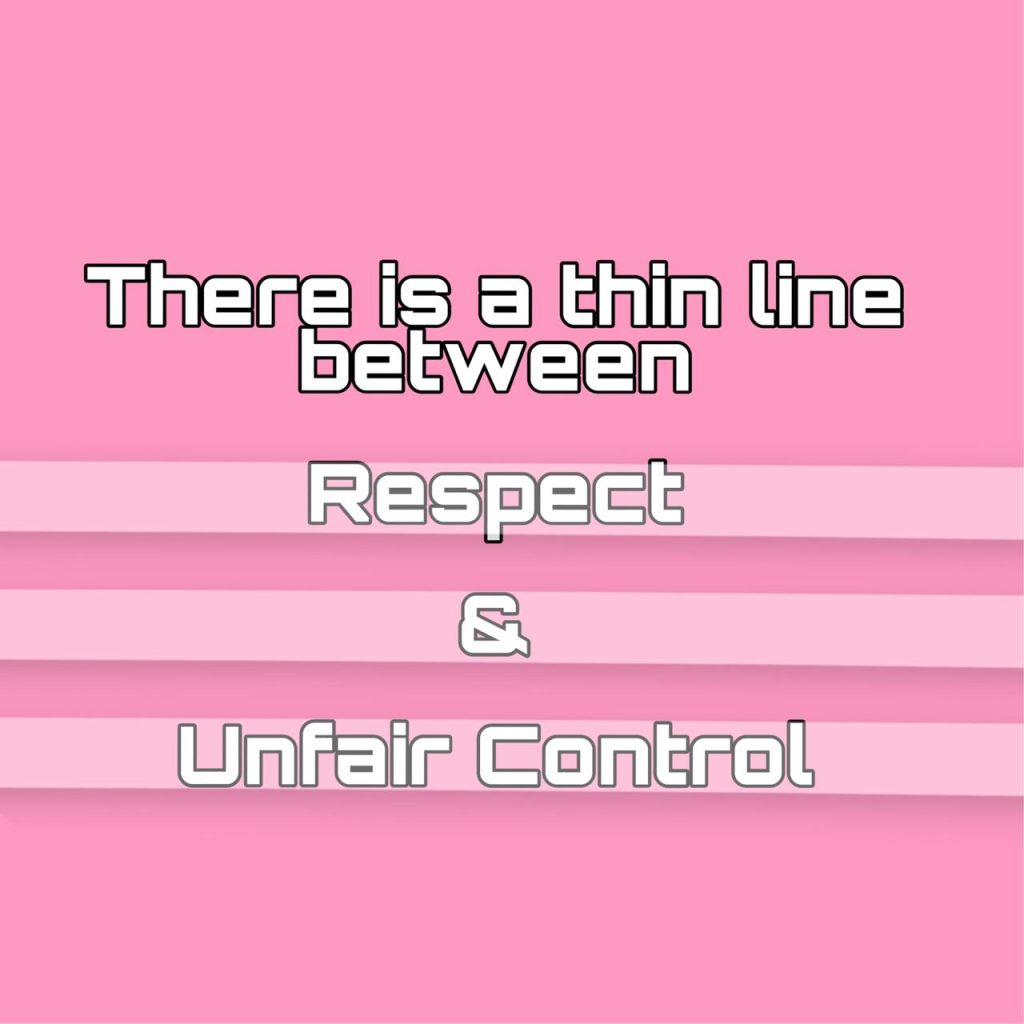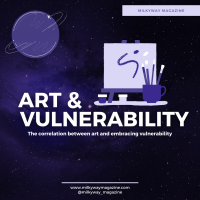
Writer: Malak Mahmoud
Editor: Khaled Mohammed
The concept of absolute control exists in so many aspects of our society, and it makes its way into the most basic social group — the family.
Growing up, the idea that older people can never be mistaken and always want the best thing for you is so embedded in your brain that it’s rather difficult (or madly rebellious) to ever think they may be wrong about something. And then you fall into an endless dilemma: you try to figure out how to live your very own without messing up the respect you’re supposed to have for them. Then you start asking yourself: What is this respect exactly, and what is its domain?
Some people believe that respect is a synonym for obeying every single word without thinking for yourself. At the end, years of continuous bottling-up and pressure lead to nothing but a great explosion. And all the “perfect guidelines” you were forced to flawlessly follow will fall apart, leading to a state of confusion and a haunting feeling of guilt.
Respect is, in fact, a synonym for mutual understanding and it’s a part of a package based on the will to sincerely listen. Parents (usually) do wish the best for you, but this doesn’t change the fact that you know yourself better than anyone else, and that you can learn things from people other than your parents.
The ignited turbulence within most of us will cool down a bit if our parents actually listened. If they actually understood that we’re human beings who are intensely aware of the entire world around them. If they actually understood that we’re doing our very best. But sometimes, we also get tired and our soul is drained. And no, we are not faking it.
So, the next time someone talks about their messed-up concept of respect, remind them that respect is something mutual and exchanged. You should be respected as well; every healthy, functioning relationship is built upon respect, and it’s not something to be neglected or given up on.







